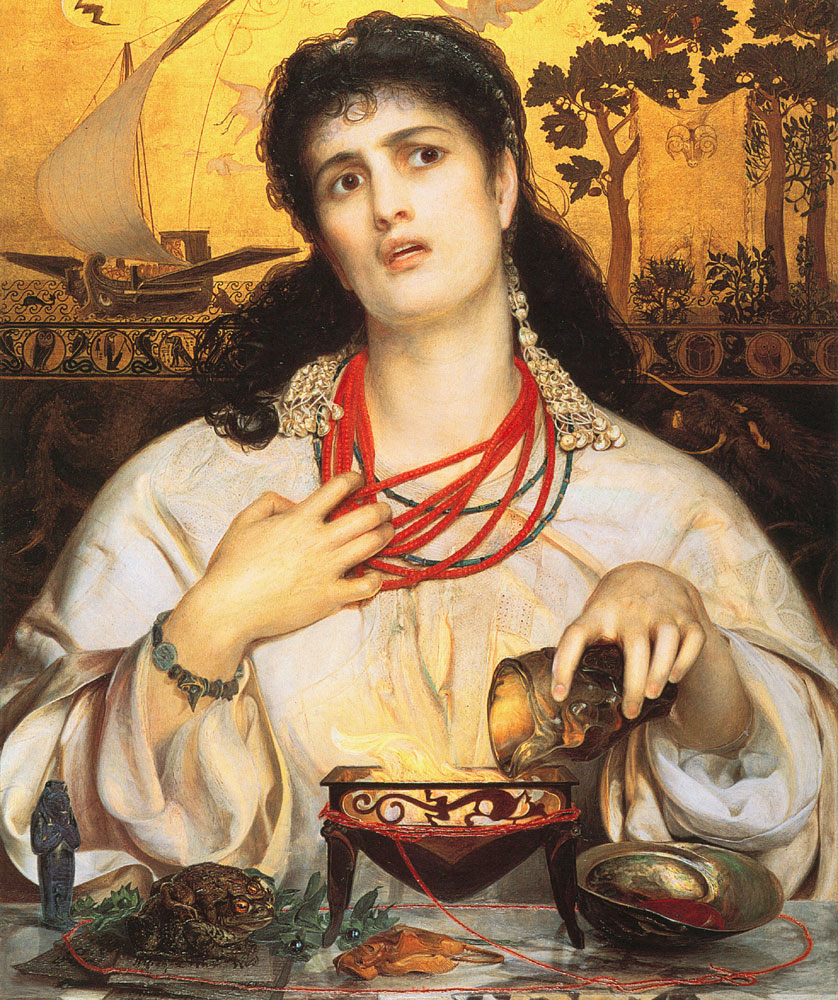Jamal was never the brightest kid on the block. He had a
habit of getting into trouble by rushing into it headlong.
“Watch
where you’re going!”
“Clean up
your mess!”
“Jamal don’t
touch that!” everyone yelled at him. But he never listened.
One hot summer day, the rains refused to fall. They didn’t
fall that day, and they didn’t fall the next, and they didn’t fall for a full
week. In fact, the rain stayed in the clouds for weeks, and months. The ground
cracked up and the grass withered and died, and the little town had to begin
rationing water to make it through the dry season.
Jamal, parched and thirsty, decided that he would begin
collecting as much water as he could and store it somewhere safe for himself so
that he’d have water whenever he wanted it. First, he collected a great bucket
with a sturdy lid, and went about looking for the lost water. In short time, he
came upon a water bottle with only the smallest bit of water left in the
bottom.
“This is
mine now!” he called, and dumped the water into his bucket.
Next, he came to the trees. Most of their leaves were yellowing
and crispy, but under the tall branches, shielded from the majority of the sun,
Jamal found a batch of green, healthy leaves.
There must be water in these leaves, thought
Jamal. Trees need water to survive.
So he took the leaves and twisted and twisted them between
his fingers until they each produced just the smallest bit of water and he let
each drop fall into his pail. Further in, among the trees, Jamal found a puddle
by the roots of a large oak. Bending down, he could see that the water was
murky and filled with dirt.
Well I can’t drink this! he thought, but
he scooped up what he could in his hands, picking out the leaves and the sticks
and dumped it into his bucket. Water is water after all.
In short time, he came upon a neighbor’s house, and in front
of that house he found a bucket half full of colorful, soapy water.
That’s just what I need! Of course this clean water will clean off
the dirty water I’ve got in my bucket. I’m a genius!
So Jamal took the soapy water and dumped it into his bucket,
and at this point he had a nice, large amount of water all for himself. Thinking
that his bucket would surely last him through the summer, he decided to hide it
in his special spot in the maple tree. Holding the bucket in his arms, he tried
to climb the tree. With only one hand and his feet free, he found it nearly
impossible to make any progress with his ascent.
“Jamal!
What are you doing with that bucket?”
He turned around. His sister Tiara was standing there with
her hands on her hips. Of course she thought he was being ridiculous, she just
didn’t understand his plan.
“I’m going
to take this bucket right here,” he shifted the pail in his arms, “and hide it
in this tree here so that I’ve always got water to drink when I get thirsty. I
found all this myself and I plan to drink it.”
 Tiara was much too familiar with
her brother’s antics to be surprised by this, but she asked him, “Wouldn’t it
be easier to tie that bucket on your back to carry it up?”
Tiara was much too familiar with
her brother’s antics to be surprised by this, but she asked him, “Wouldn’t it
be easier to tie that bucket on your back to carry it up?”
Of course! Why hadn’t he thought of this? So Jamal grabbed a
length of cord and tied to bucket to his back, wrapping the rope around his
midsection and knotting it. He climbed and climbed the tree until he felt safe
within its branches and he looked back down at his sister. She was drinking a
bottle of cool, clear water.
“You know, we have bottled water right? The water in our house may be rationed but the store has plenty of water,” she said as she turned and left.
Jamal was livid and in horrible frustration he threw his
bucket to the ground, spilling his hard gathered water everywhere. Just then,
he heard a thunderclap, and the skies opened up rain upon his neighborhood.
Soaking wet and sitting in the tree, Jamal considered how his day had developed.
Then, feeling utterly defeated, he climbed back down from his tree, walked to
his house, and got his own bottled water from the fridge.
Author's Note: This story was based on stories from West Africa. In the original story, the trickster Anansi gets mad at all humans and goes about collecting up all his wisdom in the world and putting it into a clay pot, he then tries to take this pot up a tree to keep it from humans forever when his son says that he should strap the pot to his back so that he can climb the tree more easily. Realizing he hadn't collected all the knowledge after all, Anansi, throws the pot down, breaking it, and re-releasing all his wisdom back to the world and mankind. I thought using water and a little boy who was more just a bit dumb than a malicious trickster like Anansi was a funny turnabout.
West African Folktales by William H. Barker and Cecilia Sinclair (1917)





.jpg)






